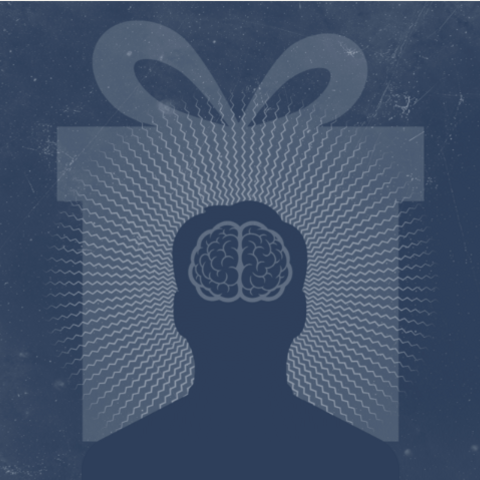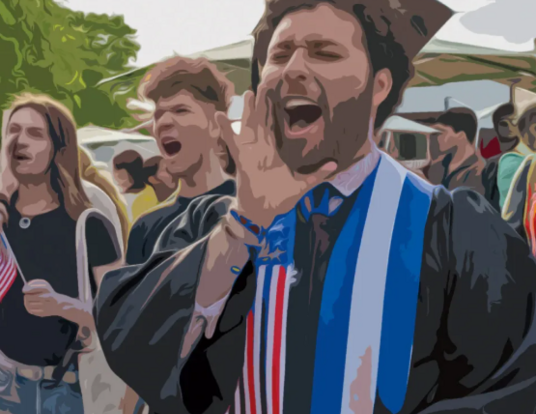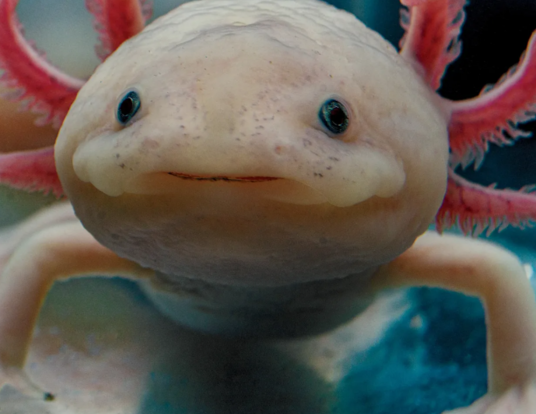Improving Treatments for Brain Cancer
L. Nicolas Gonzalez Castro, MD/PhD ’14
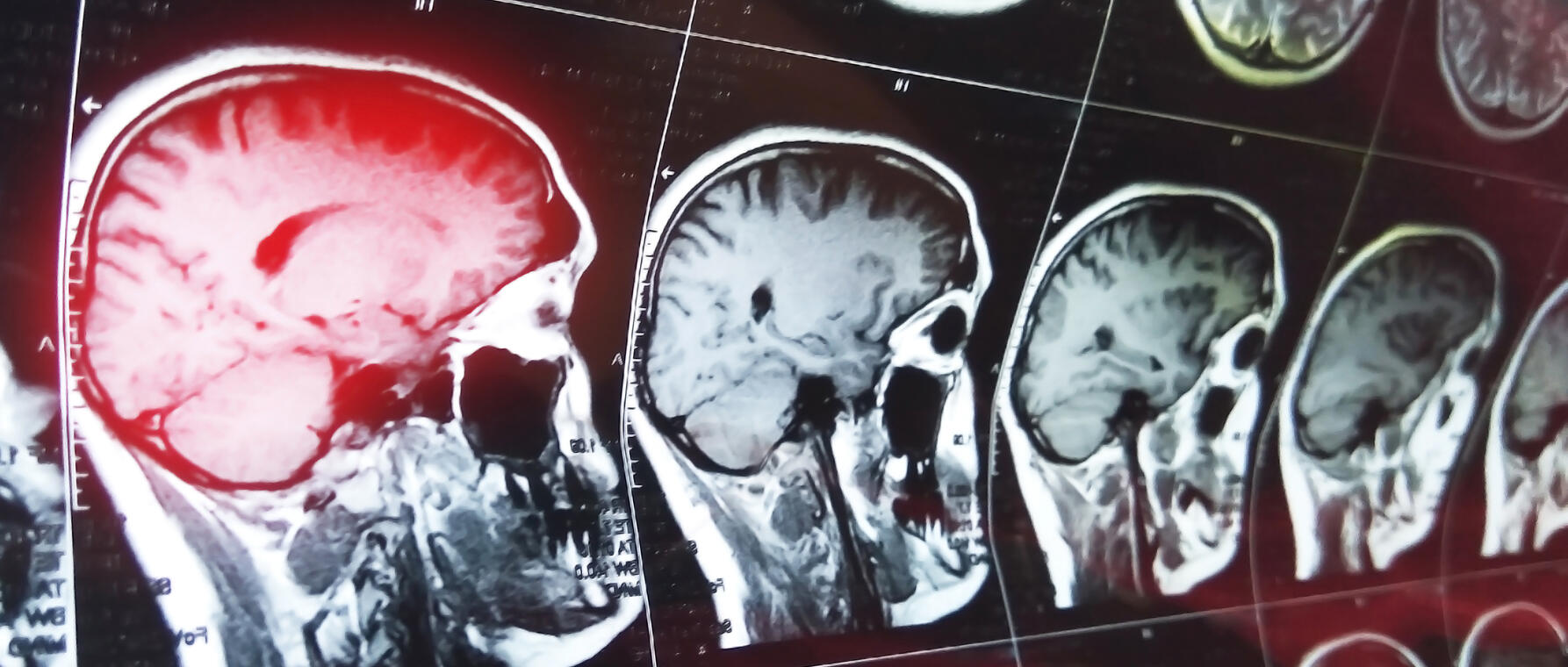
Research at Risk: Since World War II, universities have worked with the federal government to create an innovation ecosystem that has yielded life-changing progress. Now much of that work may be halted as funding is withdrawn. Find out more about the threats to medical, engineering, and scientific research, as well as how Harvard is fighting to preserve this work—and the University's core values.
Nicolas Gonzalez Castro is an assistant professor at Harvard Medical School specializing in neurooncology. He discusses his academic journey from rocket science to brain tumors, keeping in touch with his PhD advisor, and 11 years spent mentoring undergraduates as a Quincy House resident tutor.
It’s not Rocket Science
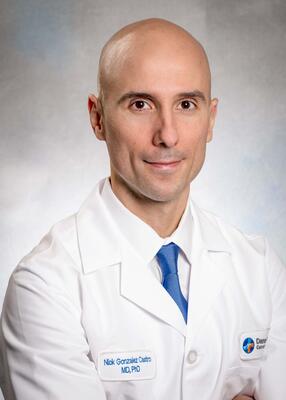
I initially went to graduate school for aerospace engineering, trying to understand how we can control airplanes and spacecraft in flight. I specifically did work on something called “unmanned aerial vehicles,” which are now commonly known as drones. This was back in the early 2000s, and drones were not in popular use by the public, but I was interested in how they could be used for civilian applications.
Around this time my grandfather suffered a stroke. He lost the use of the right side of his body and the ability to speak. I was struck by this and decided to change research pathways to study how the brain controls movement. I had no biology background, but I applied to the joint Harvard-MIT Program in Health Sciences and Technology first to do a PhD and eventually transitioning to the MD/PhD program. I got to understand how the brain worked through my coursework and researched how it controls arm movements and learns to move in different environments. I wanted to leverage this knowledge and create new therapies for patients suffering from stroke or other neurological conditions.
After graduating from medical school, I intended to do a residency in neurology and continue my focus on stroke patients, but I had the opportunity to care for patients with brain tumors, which sparked another career change. After I finished my neurology residency I did a fellowship in neurooncology and today I continue to work on brain tumors and cancer biology.
Brain tumors are complex. The component cells are very heterogeneous, which makes them difficult to treat, and they are also enmeshed in a critical organ: your brain. How do we go about disabling the tumor while preserving normal brain function? When not caring for patients, I lead both basic science and translational research projects with the goal of improving brain tumor therapies. I hope that what I do now continues to serve as the foundation for much more effective treatments in the next decade.
Lasting Relationships
My PhD advisor was Maurice Smith, MD/PhD, who is a professor at SEAS and focused on bioengineering. I joined his lab as one of three PhD students who were recent recruits, and I was privileged to have a lot of access to him and he was involved in all the work we did. I always admired the rigor of analysis that he put into every single part of our research, and it pushed us to be critical of all our work and data. When we thought we had a finding, he encouraged us to look at it from multiple angles and try to replicate it, to make sure we were on the right path.
Although our academic fields have diverged and I have since graduated, I see my advisor often, most recently at the house of another friend of mine who was also a PhD student with me. My advisor and I developed a close relationship, and even though I no longer directly contribute to his area of research, we remain very close.
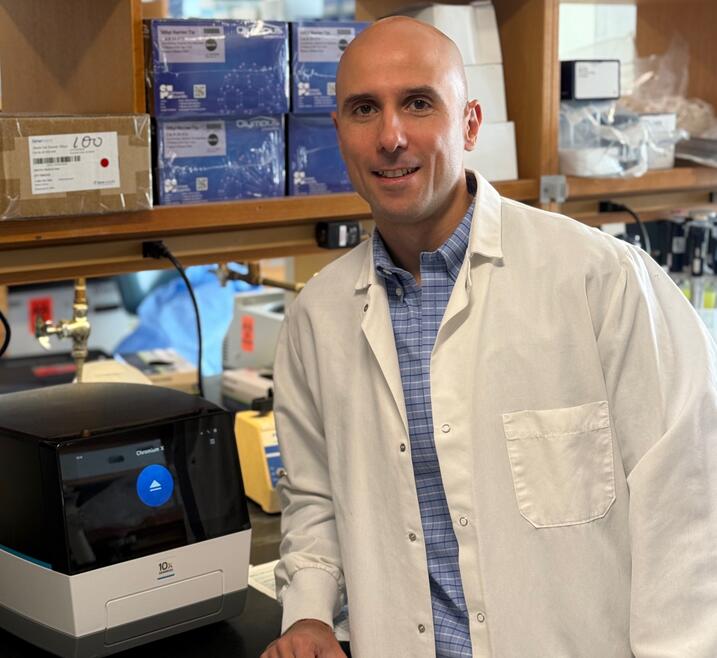
Resident Advising
While at Harvard, I had the privilege to serve as a resident tutor for 11 years at Quincy House, where I chaired the pre-med committee. I got married, my kids were born, all while I lived in Quincy, and I mentored so many undergraduates while there. Many of those students have now gone into medicine or research and are physicians, scientists, or both, and I maintain a mentoring relationship with many of them. Some come on to train here at Harvard, in Harvard’s hospitals, and I see them in the hallways. I found mentoring and academic advising to be very rewarding, because graduate school and medical school applications are so challenging. Still now, whenever someone writes to me asking if I can read their personal statement, or advise them on certain programs, I do it and enjoy doing it as well.
Living in Quincy House for so long meant I made a lot of connections in Cambridge, and while my family and I do not live there anymore, every time we stop by Harvard Square, we see a tutor who is still around, or members of the dining hall staff that we know. It reminds me how much I enjoyed being a tutor and living on campus.
Gonzalez Castro’s research has been supported by grants from the National Institutes of Health (National Cancer Institute, National Institute of Neurological Disorders and Stroke), the American Society of Clinical Oncology, the Broad Institute of Harvard and MIT, and the Robert Wood Johnson Foundation.
Get the Latest Updates
Join Our Newsletter
Subscribe to Colloquy Podcast
Simplecast


